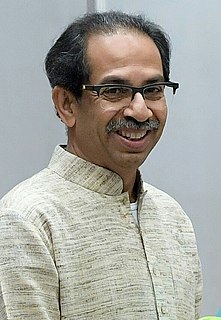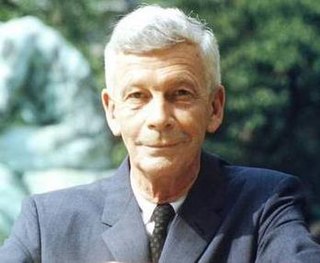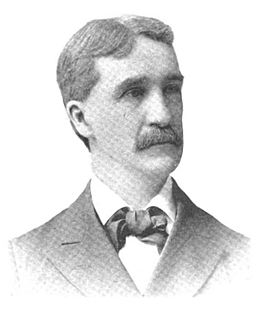A Quote by Fyodor Dostoevsky
After all, I quite naturally want to live in order to fulfill my whole capacity for living, and not in order to fulfill my reasoning capacity alone, which is no more than some one-twentieth of my capacity for living. What does reason know? It knows only what it has managed to learn (and it may never learn anything else; that isn't very reassuring, but why not admit it?), while human nature acts as a complete entity, with all that is in it, consciously or unconsciously; and though it may be wrong, it's nevertheless alive.
Quote Topics
Acts
Admit
After
Alive
Alone
Anything
Anything Else
Capacity
Complete
Does
Else
Entity
Fulfill
Human
Human Nature
Know
Knows
Learn
Live
Living
May
More
Naturally
Nature
Never
Nevertheless
Only
Order
Quite
Reason
Reasoning
Reassuring
Some
Than
Though
Twentieth
Very
Want
Which
While
Whole
Why
Why Not
Wrong
Related Quotes
People between twenty and forty are not sympathetic. The child has the capacity to do but it can't know. It only knows when it is no longer able to do -after forty. Between twenty and forty the will of the child to do gets stronger, more dangerous, but it has not begun to learn to know yet. Since his capacity to do is forced into channels of evil through environment and pressures, man is strong before he is moral. The world's anguish is caused by people between twenty and forty.
The Criteria of Emotional Maturity: The ability to deal constructively with reality The capacity to adapt to change A relative freedom from symptoms that are produced by tensions and anxieties The capacity to find more satisfaction in giving than receiving The capacity to relate to other people in a consistent manner with mutual satisfaction and helpfulness The capacity to sublimate, to direct one's instinctive hostile energy into creative and constructive outlets The capacity to love.
You are not here to please other people or to live your lives their way. You can only live it your own way and walk your own pathway. You have come [here] to fulfill yourself and express love on the deepest level. You are here to learn and grow... When you leave the planet... the only thing you take is your capacity to love!
There are some who wish to learn for no other reason than that they may be looked upon as learned, which is ridiculous vanity ... Others desire to learn that they may morally instruct others, that is love. And, lastly, there are some who wish to learn that they may be themselves edified; and that is prudence.
Imagination is not only the uniquely human capacity to envision that which is not, and therefore the fount of all invention and innovation. In its arguably most transformative and revelatory capacity, it is the power to that enables us to empathize with humans whose experiences we have never shared.
By a peculiar prerogative, not only each individual is making daily advances in the sciences, and may make advances in morality (which is the science, by way of eminence, of living well and being happy), but all mankind together is making a continual progress in proportion as the universe grows older. So that the whole human race, during the course of so many ages, may be considered as one man who never ceases to live and learn.







































